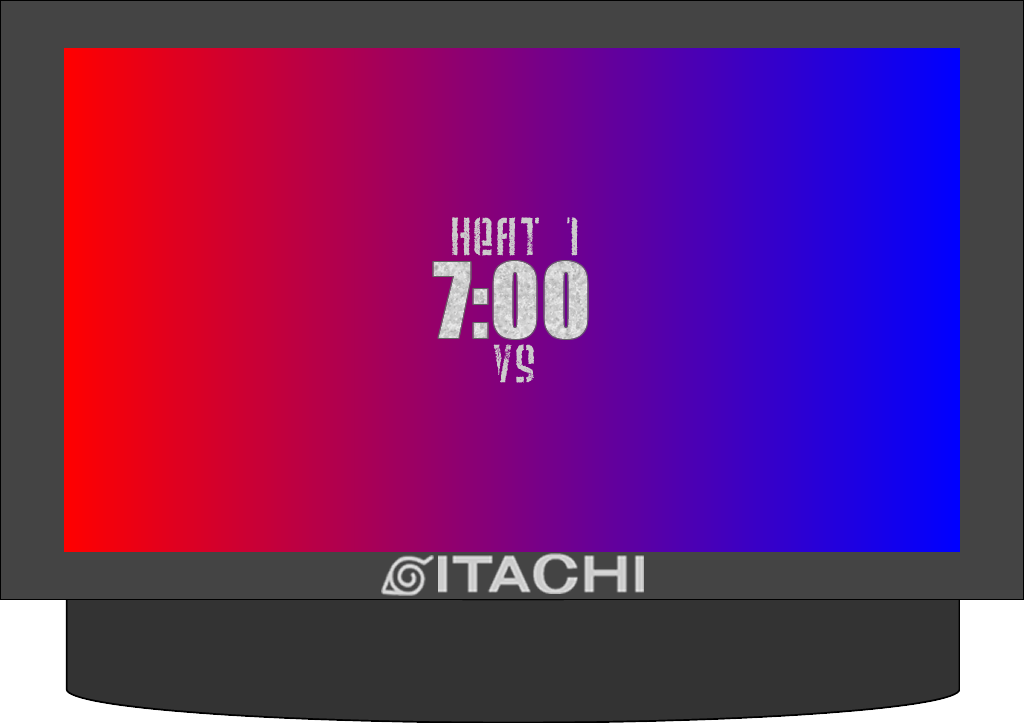This has not been a good few weeks for me. My Otakon experience was marred by issues out of the convention’s control. While it was awesome that I was able to talk about Satoshi Kon to a group of 200-300 people in the middle of the night, the external stuff brought everything else down. Between car troubles, illness, lack of sleep, and a whole host of other issues, there will have to be a major reassessment of how I do things if I ever plan to go back. It’s a shame, but there’s not much you can do when you have a near-Perfect Storm of issues.
To compound on this, I had to pull out of Saikoukon due to a work conflict. This is the first time I can recall having to do this and it bugs me to no end. To be fair, I am fortunate to have a day-to-day job that gives me enough time out to do so many conventions—I’m still on pace for attending nine shows this year (more than I did in my first three years of going to cons) doing panels in as many as eight of them (as many as I did in my first five years of doing panels) and theoretically, I could’ve gone to 13-14 shows in total had I not gone to Japan—but there are other parts of my job that are dicey (tl;dr my job is secure, my position is not) and make it less desirable. Ideally, MP would be a side source of income while I find a position that pays well enough and is flexible enough to allow me to continue with MP, but that is still a long way from happening.
Luckily, I still have three shows left on the docket, and 2017 is shaping up to be very interesting, so I just need to find a way to get back on the proverbial horse (or is it panther in my case?) and continue to plug away.



